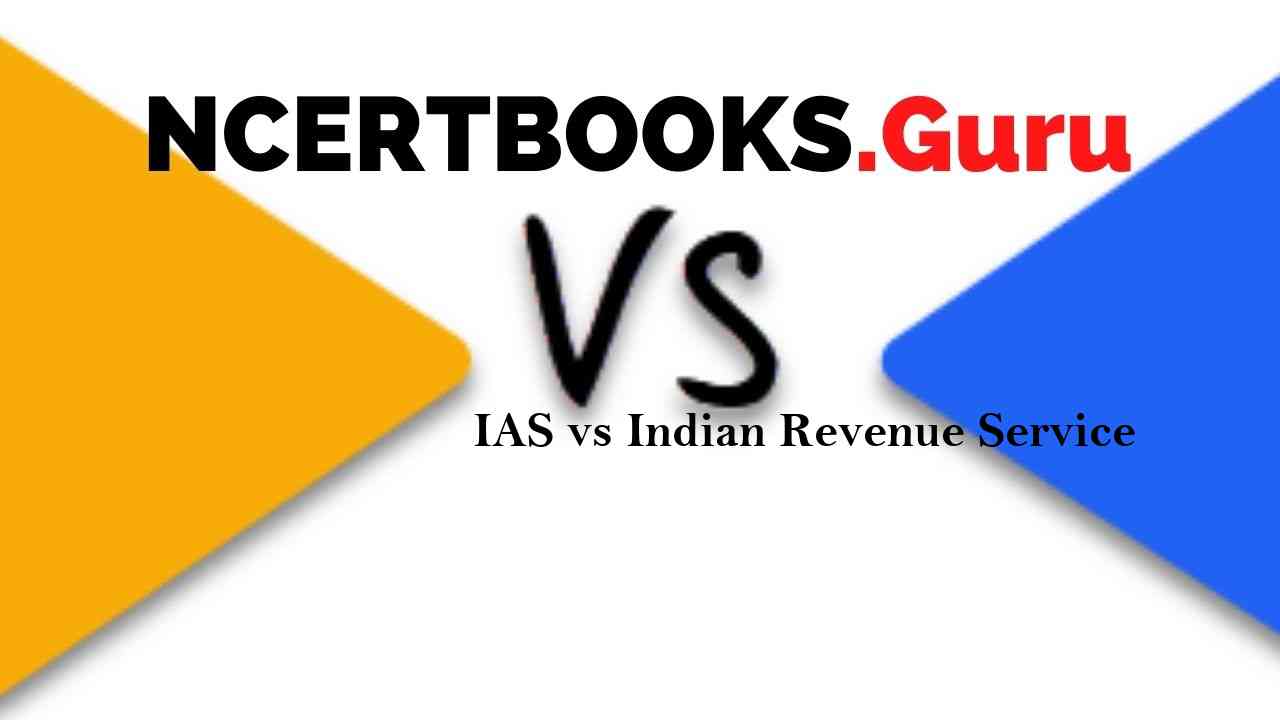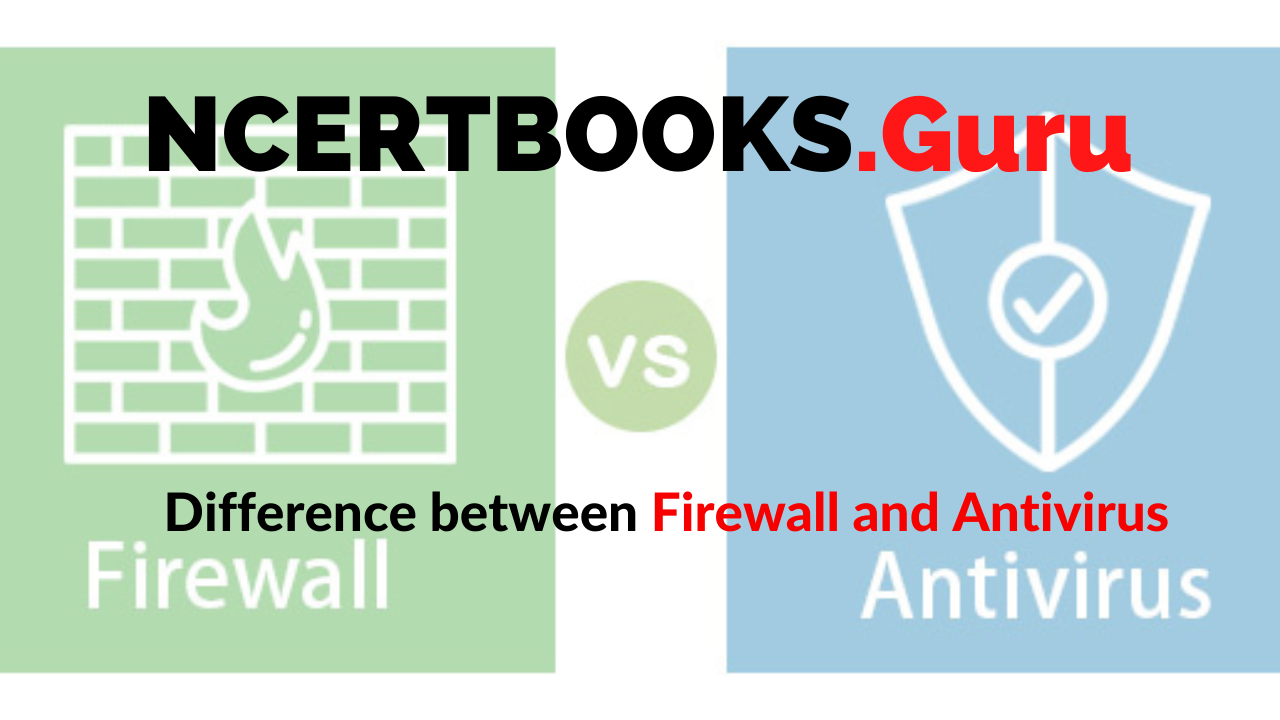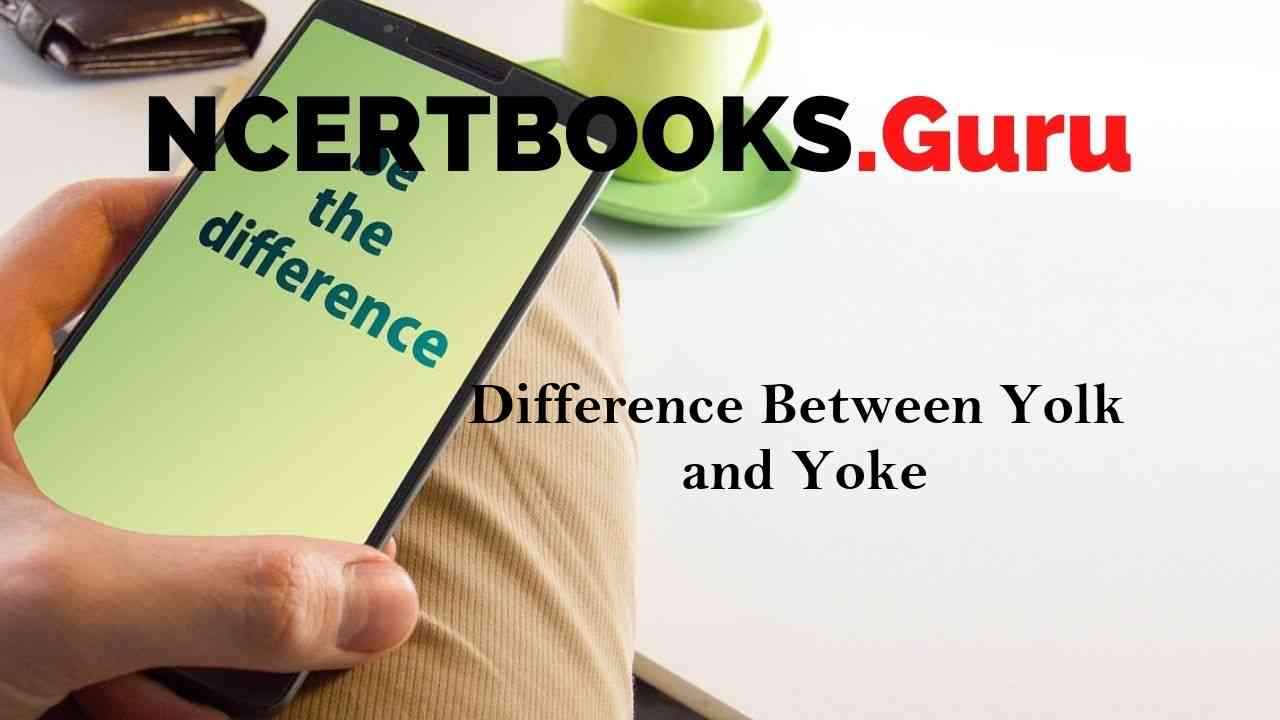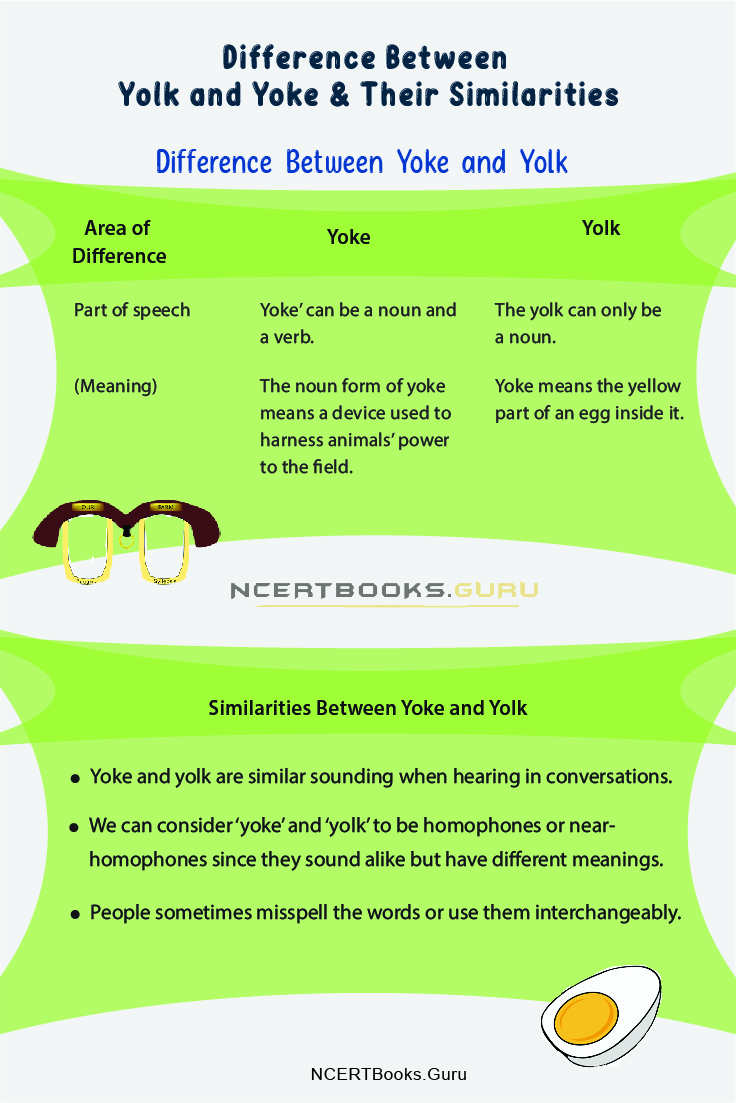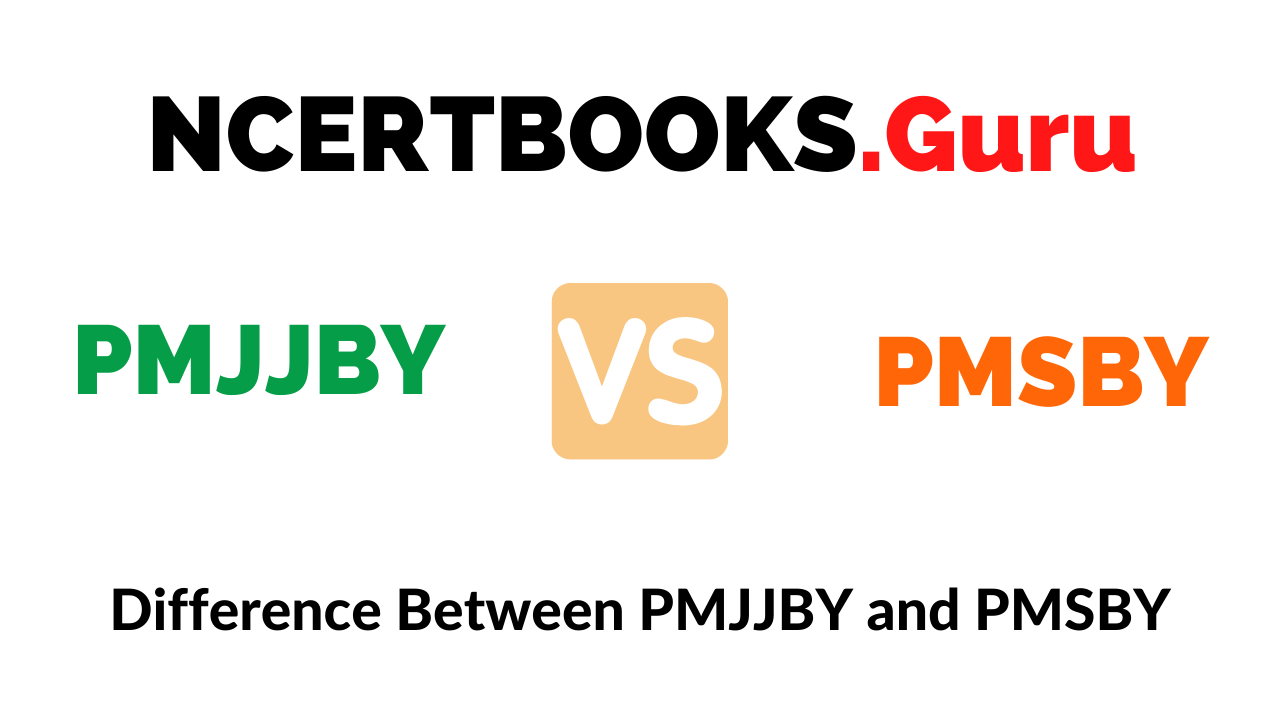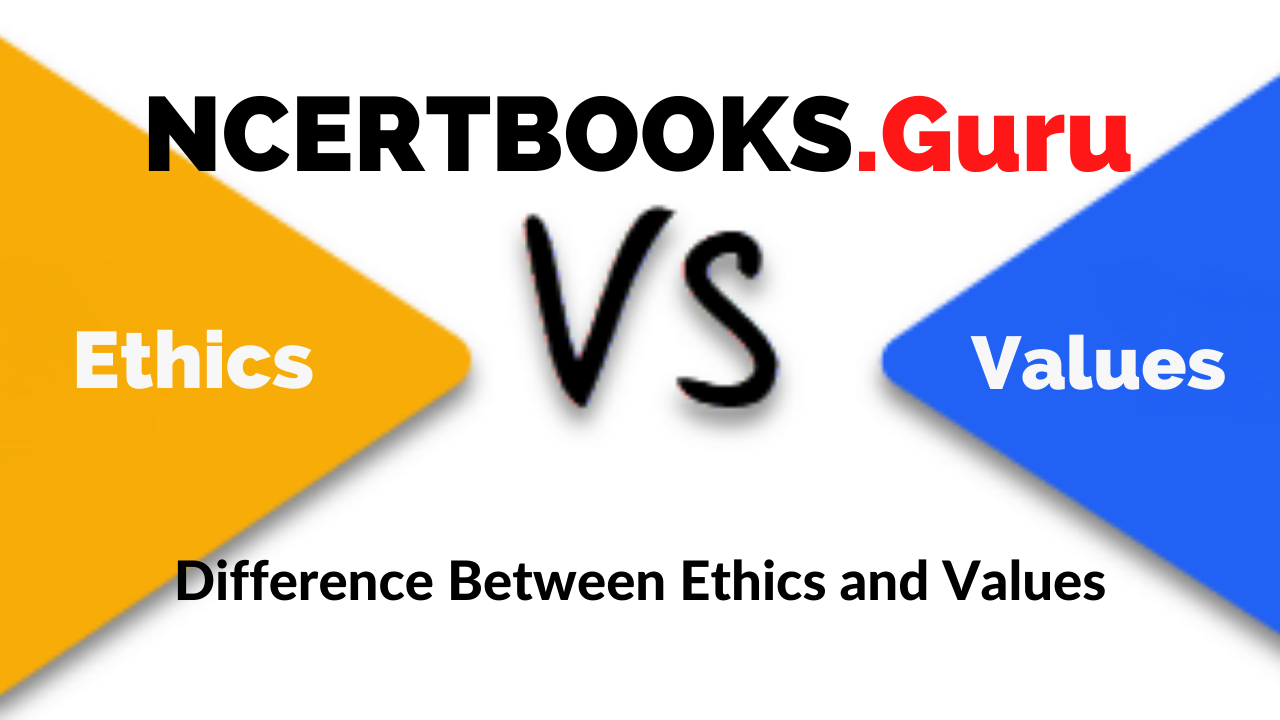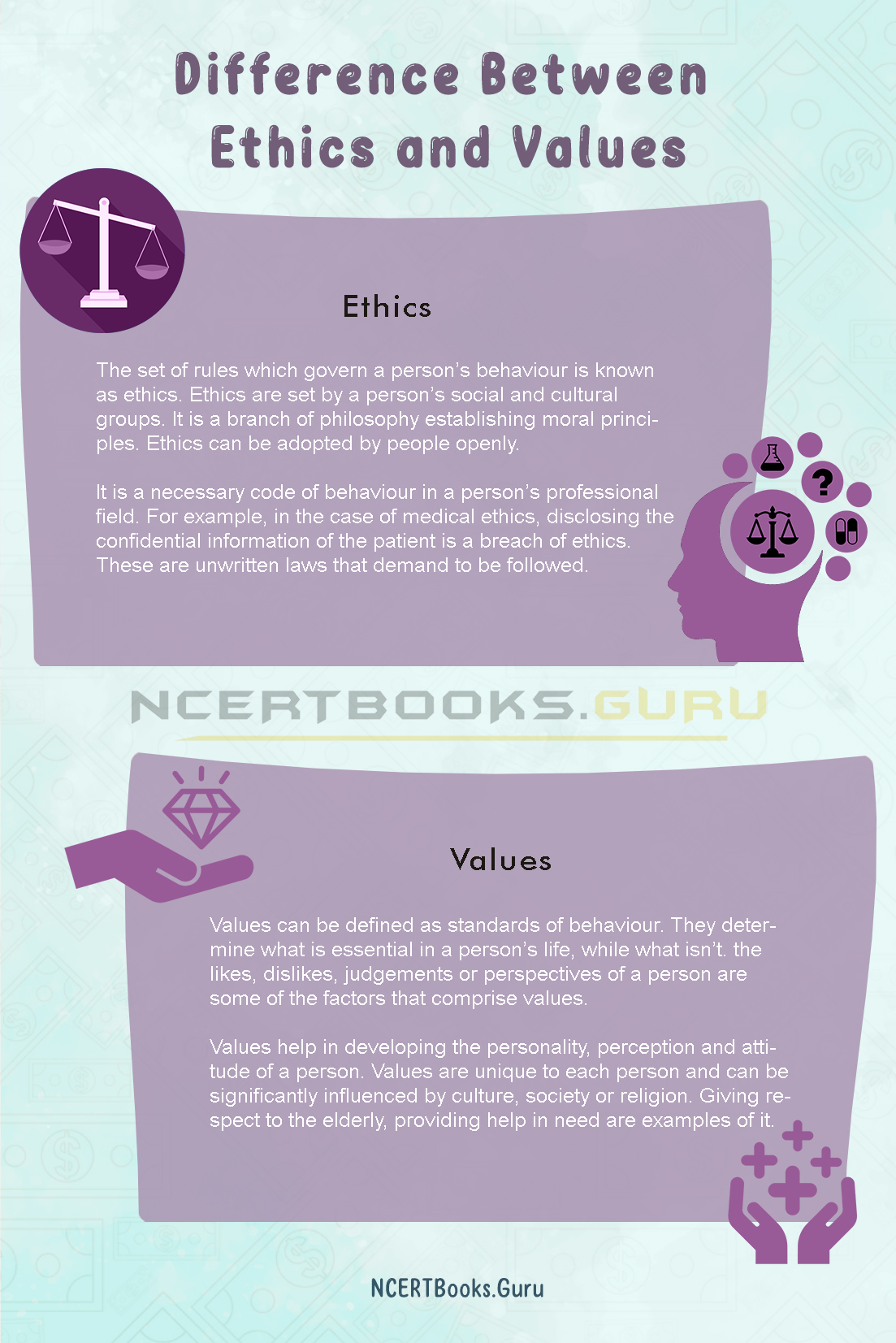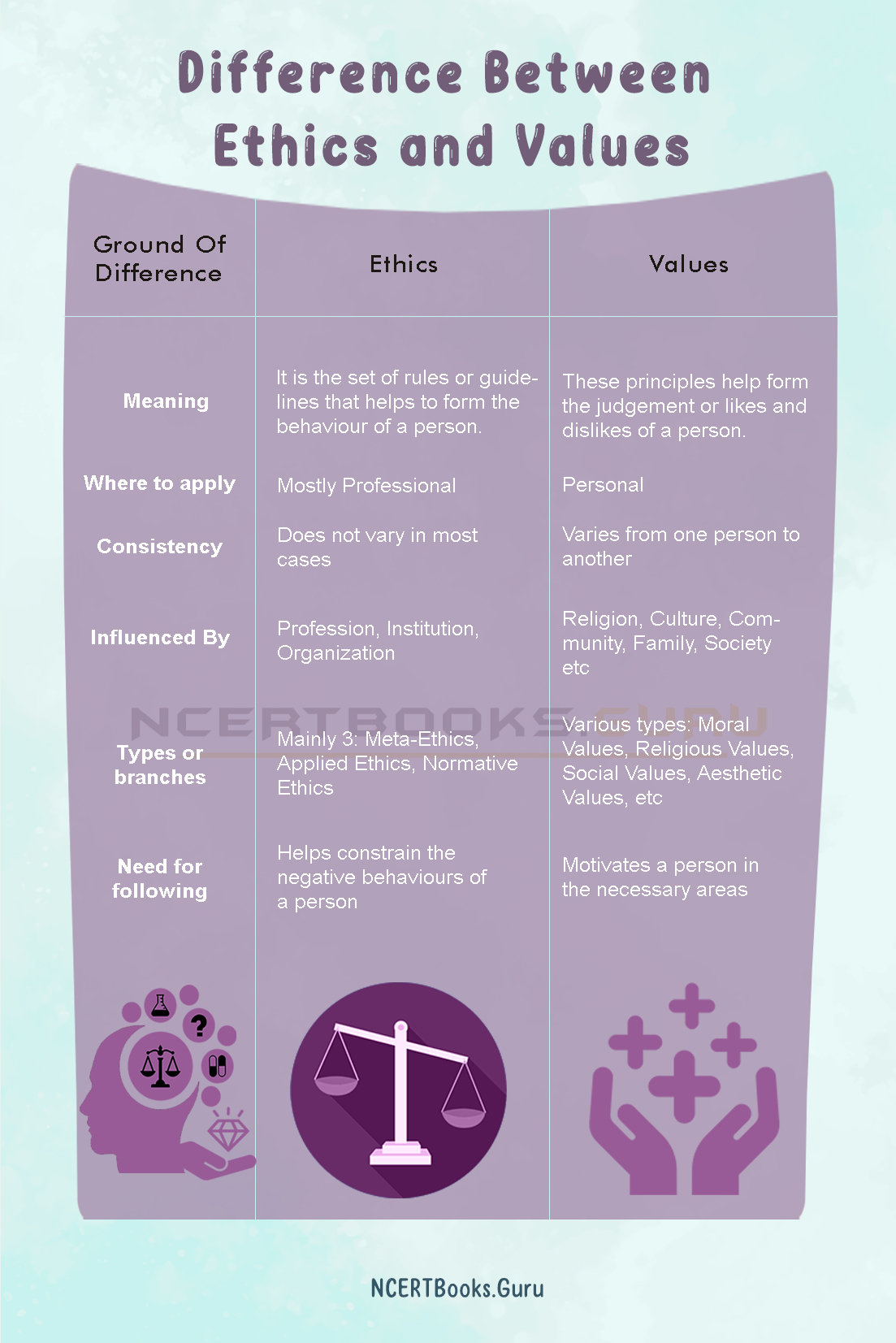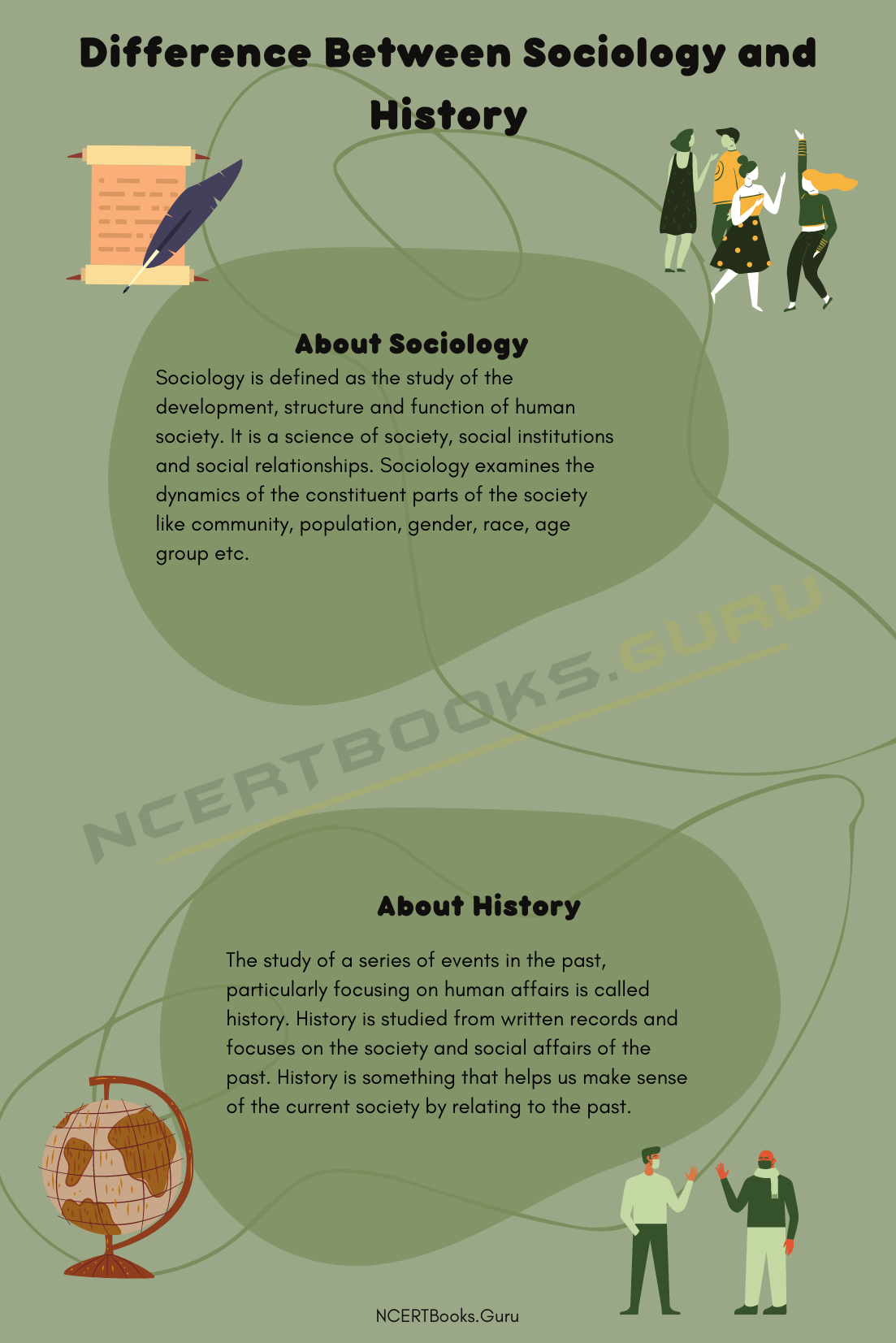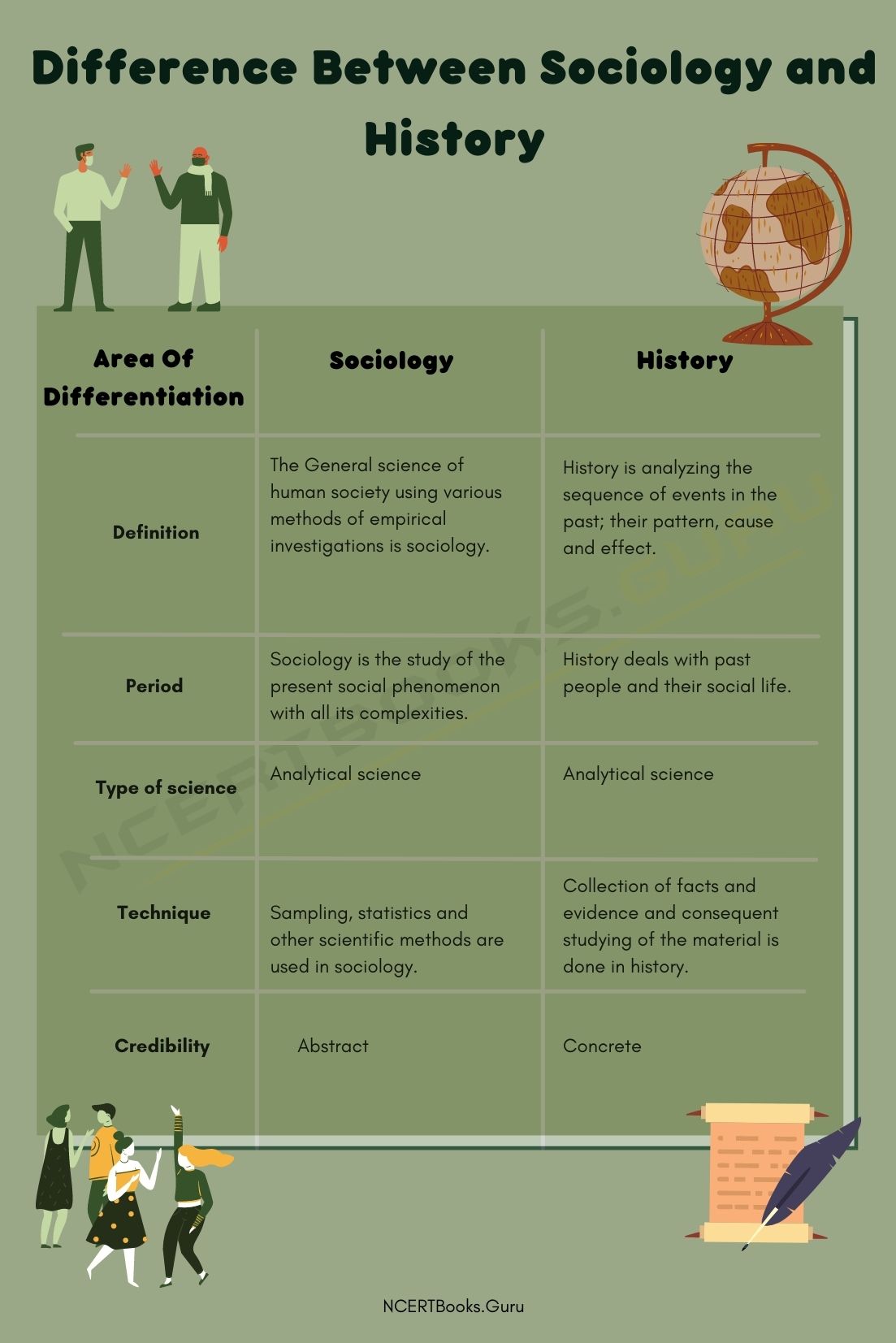Introduction
The most popular choice for candidates taking the UPSC civil services exam is the Indian Administrative Service (IAS). The IPS and the IFS follow closely. But there are a few numbers of people who take up the Indian Revenue Service (IRS) too without much hesitation.
You can also find differences between articles on various topics that you need to know. Just tap on the quick link available and get to know the basic differences between them.
What is the Difference Between IAS Indian Administrative Service vs IRS Indian Revenue Service?
About Indian Administrative Service (IAS)
The administrative arm of the All-India Services is the Indian Administrative Service (IAS). The IAS is one of the three arms of the All-India Services is considered the premier civil service of India, along with the Indian Forest Service and the Indian Police Service.
Members of these three services of IAS serve the Government of India as well as the individual states. IAS officers may also be deployed to undertakings various public sector.
About Indian Revenue Service (IRS)
The administrative revenue civil service under Group A of the Central Civil Services of the executive branch of the Government of India in the Indian Revenue Service often abbreviated as IRS. The IRS is primarily responsible for administering and collecting direct and indirect taxes accruing to the Government of India.
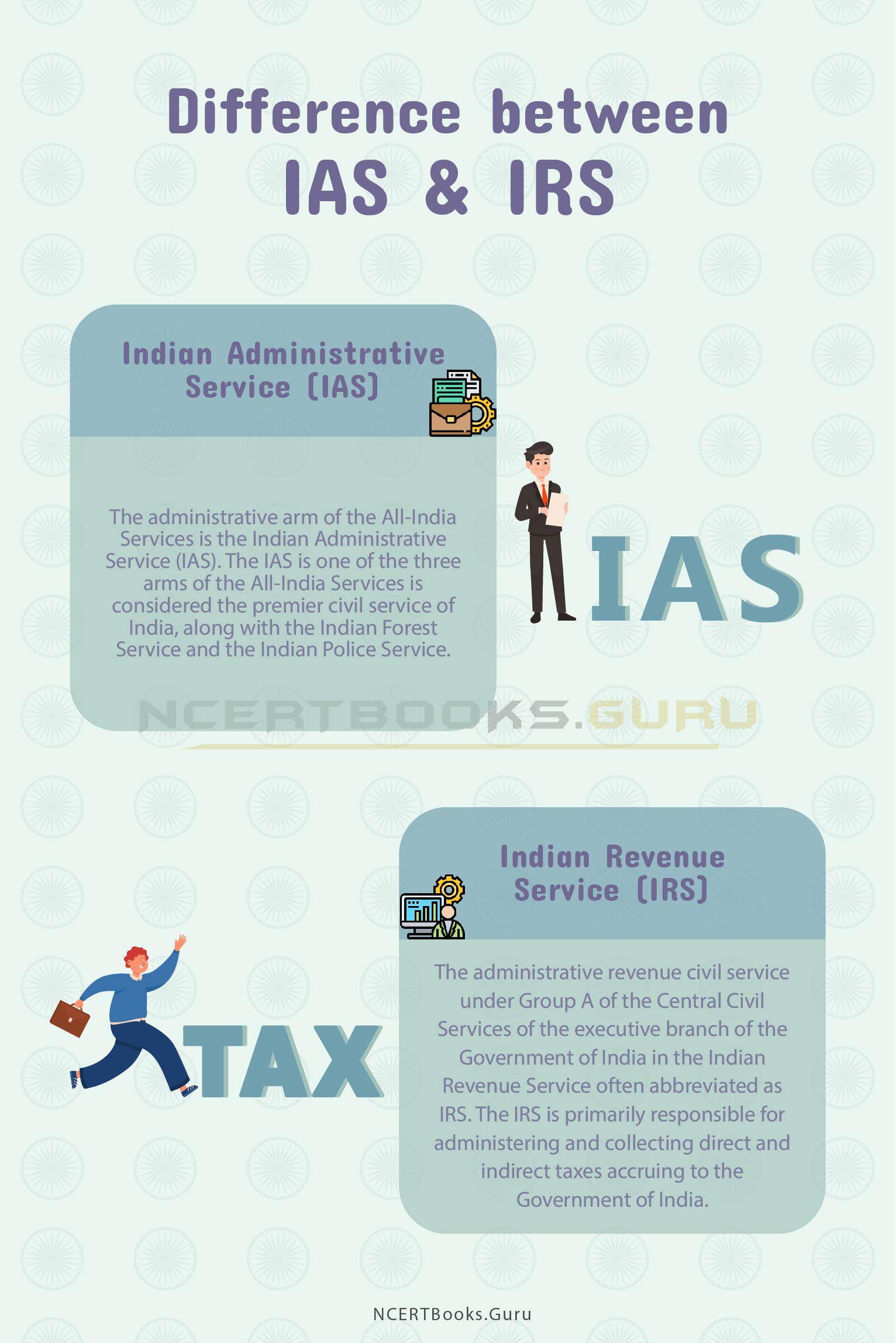
Difference Between Indian Administrative Service (IAS) and Indian Revenue Service (IRS)
| Area Of Differentiation: | Indian Administrative Service (IAS): | Indian Revenue Service (IRS): |
| Basic Difference: | The prestige and social standing that an IAS officer gets trumps that of an IRS officer’s. | People who have a keen interest in taxation should opt for this service. |
| Preference: | The administrative head of almost all the departments in the State and Central Government is an IAS Officer. | If have the guts to go against popular opinion and you are convinced about your choice of interest then you should join the IRS. |
| Facilities: | The perks and facilities an IAS officer provided are superior to that of an IRS officer’s. | Comparatively, there is more work-life balance in the IRS than the IAS. |
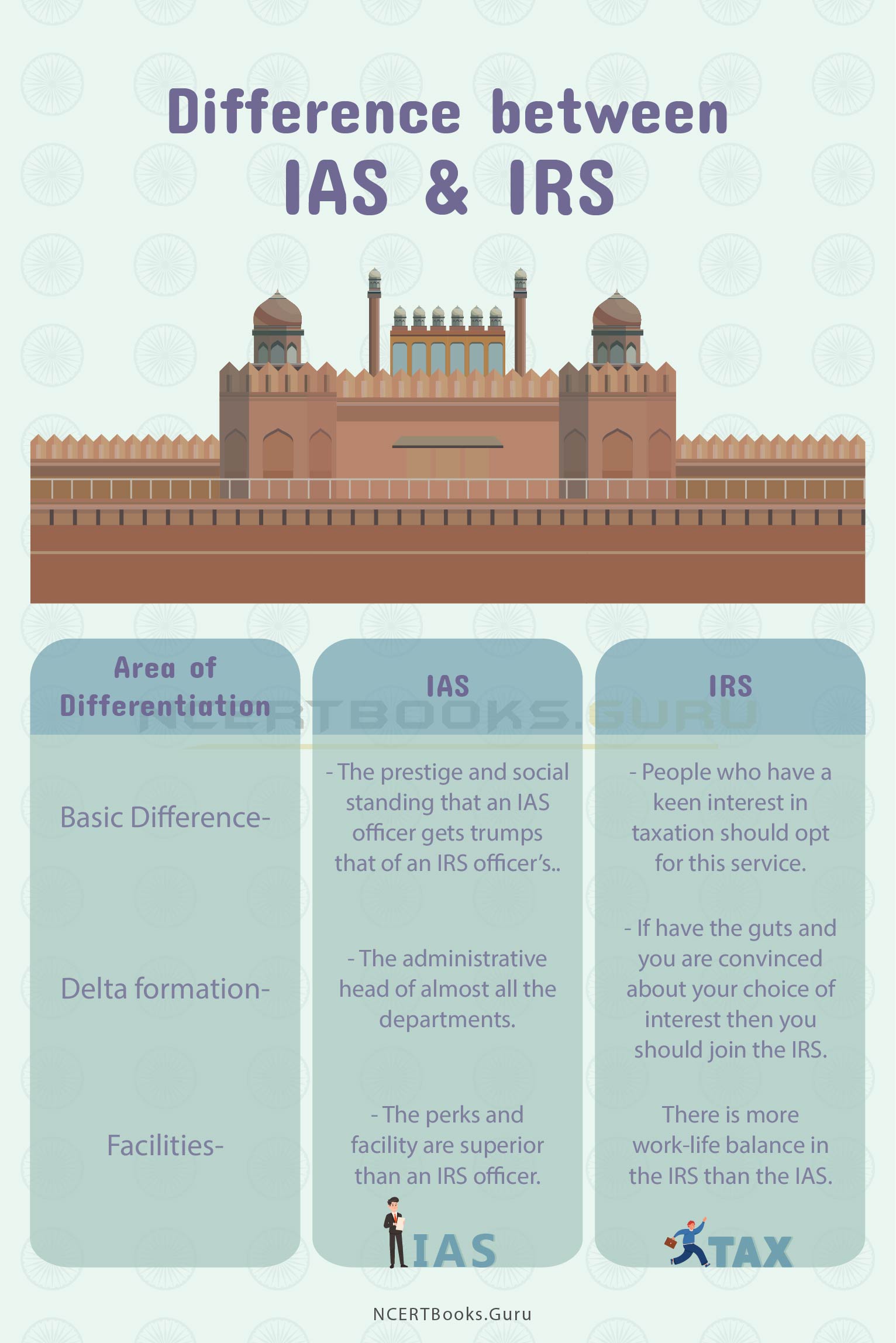
Similarities Between Indian Administrative Service (IAS) and Indian Revenue Service (IRS)
- IAS is preferred over IRS as the former has more promotion prospects and better facilities.
- But the advantages to IRS are that while in IAS one remains stuck in a small state.
- IRS officer with the majority of postings in metro cities has postings all over India.
- Apart from that, IAS officers have to face interference from petty politicians at the local level.
- At the IRS level, no such interference of politics happens as the Finance Minister of the country controls them.
FAQs on Difference Between IAS (Indian Administrative Service) vs IRS (Indian Revenue Service)
Question:
Which is better IAS or Indian Forest Service?
Answer:
The perks and salary are on par for both the services but if you want variety in your work, the IAS is the better choice. The IAS has a higher social standing in our society while in the forest service, you will have to grapple with smugglers and poachers.
Question:
Is IAS and IRS syllabus the same?
Answer:
The candidates that wish to serve as an IRS officer have to clear all three stages- Prelims, Mains, and the Interview of UPSC Civil Service Examination and the syllabus of the UPSC CSE is the same as the official syllabus.
Question:
Does IAS get a white passport?
Answer:
IAS officers are issued white official passports for all other official travel and have to use an ordinary blue passport for personal travel.
